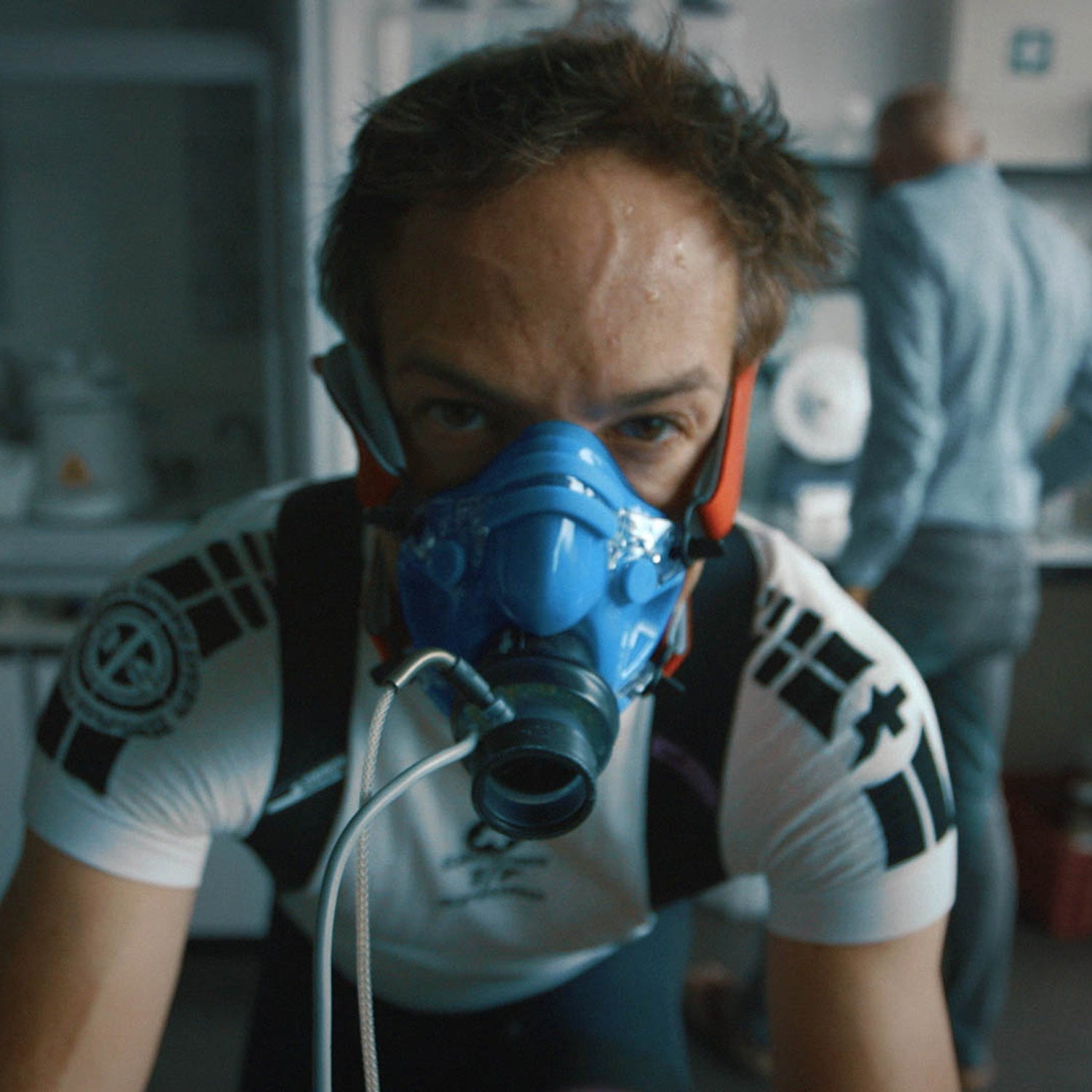This year’s Sundance Film Festival, the nation’s largest celebration of independent film, takes place from January 19 to 29 at Sundance Mountain Resort, Park City, Salt Lake City, and Ogden, Utah. The theme is climate change and conservation, which means the essence of outdoor recreation is especially present in the featured lineup. Here are the ten films we’re most excited to see:
‘An Inconvenient Sequel: Truth to Power’
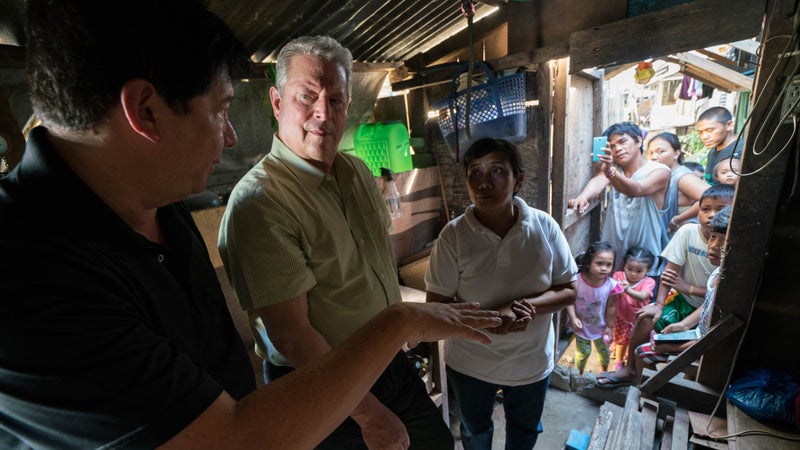
In this more optimistic follow-up to An Inconvenient Truth, directors Bonni Cohen and Jon Shenk turn the camera toward Al Gore and his climate-advocacy efforts. The sequel comes just over a decade after the original environmentalists’ blockbuster, and it looks to be more cinematic and less discursive, inspiring action rather than gloom. is also one of several environmental films to be accompanied by a virtual reality experience at the festival: Melting Ice takes users to Greenland’s rivers of glowing blue glacial runoff, yawning moulins, and melting icebergs to witness the collapse of the Arctic in plain sight.
‘Chasing Coral’
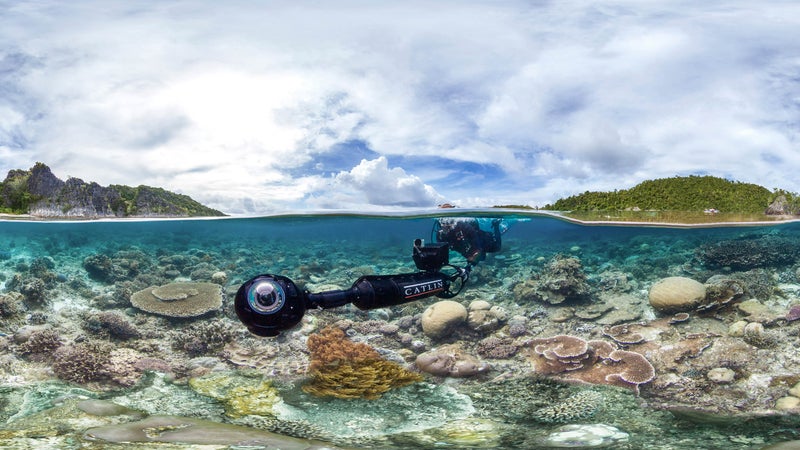
If it’s undeniable proof of rising ocean temperatures that you want, filmmaker Jeff Orlowski delivers with Chasing Coral. The director, best known for 2012’s Chasing Ice, spent three years and more than 650 hours underwater to capture the phenomenon of mass coral death. Chasing Coral’s team of self-proclaimed “coral nerds” produced the first time-lapse camera that could record bleaching events in real time. The result: a beautifully rendered film that fairly obliterates any doubt that we should be worried about the future of our oceans.
�ҵ�䴡�鱫��’
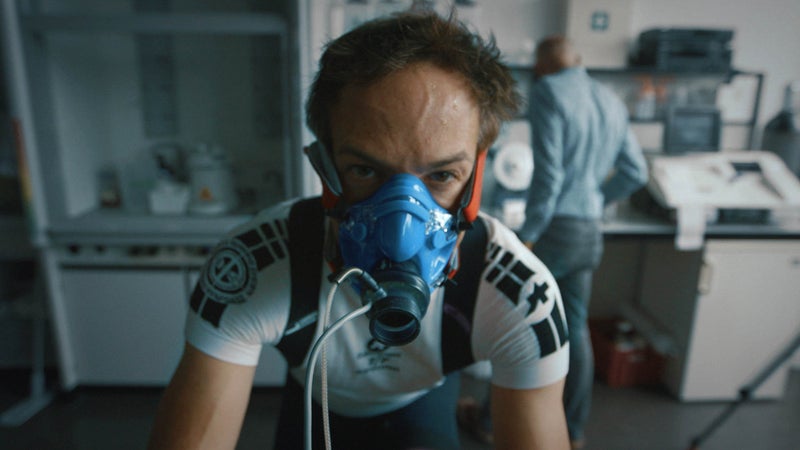
In his , playwright-turned-filmmaker Bryan Fogel uncovers the backstairs that more-than-coincidentally secured medals for a dozen of its athletes at the 2014 Winter Games in Sochi and many more beyond that. Fogel connects with controversial Russian scientist Grigory Rodchenkov for an exposé that reveals just how far the state’s sponsorship of the Olympic doping program went. Referencing the fate of the reckless, wax-winged Icarus of Greek mythology, the film promises dramatic revelations about the biggest international sports scandal in recent history.
‘Rancher, Farmer, Fisherman’
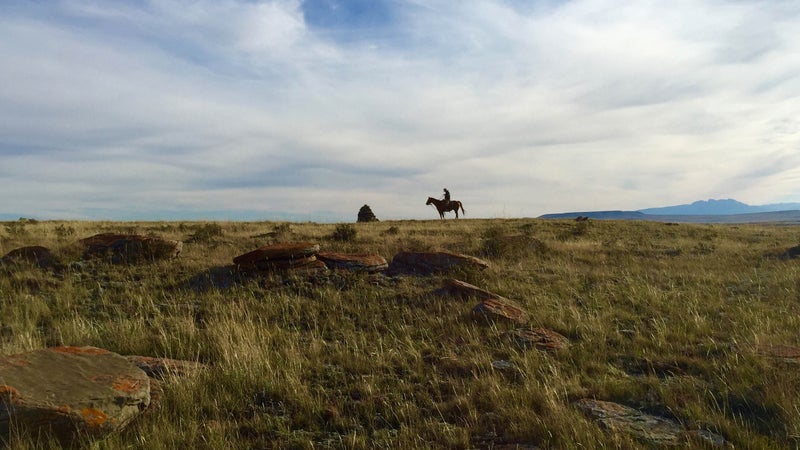
Based on the New York Times best-selling author Miriam Horn’s 2016 book of the same name, Susan Froemke and John Hoffman’s documentary spotlights unlikely “conservation heroes of the heartland.” A journey down the Missouri-Mississippi river system forms a narrative connecting the work of a Montana rancher, a Kansas farmer, a Mississippi riverman, a Louisiana shrimper, and a Gulf fisherman. These environmental champions show commitment to conservation in the face of adversity from their professional and personal communities. The stories are especially compelling juxtaposed against iconic locations that are synonymous with the pioneers, cowboys, and riverboat captains that helped industrialize America. will also air on the Discovery Channel in August 2017.
‘Take Every Wave: The Life of Laird Hamilton’
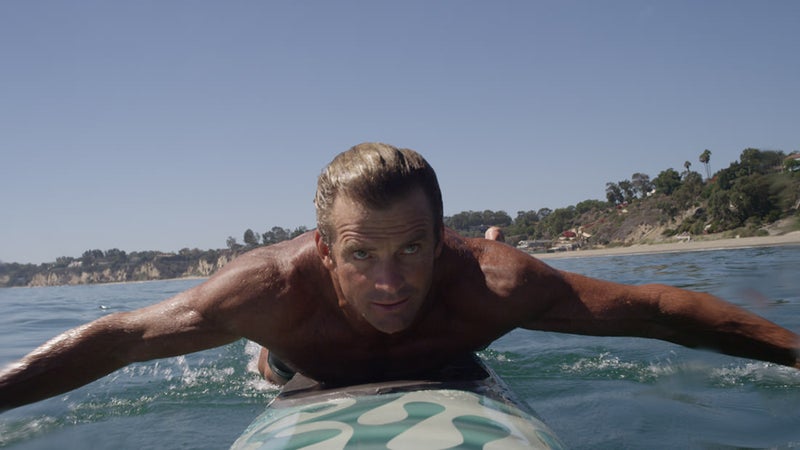
“It was the unrideable wave and we rode it.” Rory Kennedy’s biopic documents the unusual story of big wave surfer and frequent �����ԹϺ��� topic-of-conversation Laird Hamilton. Raised in an abusive home in 1960s Hawaii, Hamilton was motivated by a rebellious nature and a disregard for maintaining the purity of the sport, instead pioneering both tow-in surfing and foil boarding. uses never-before-seen footage to show Hamilton’s rise to stardom and his athleticism when tackling Pipeline.
‘T���DZ���’
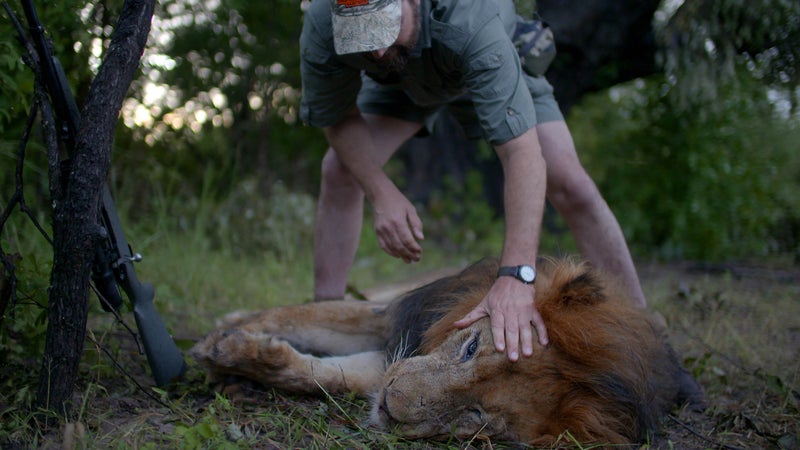
Filmmakers Shaul Schwarz and Christina Clusiau grapple with the highly contentious industry of big-game poaching������ . The documentary addresses the commodification of animals like elephants, rhinos, and lions for sport and for sale; the wildlife conservationists and breeders trying to reverse it; and the frustrating gray areas that exist everywhere in between. It explores with nuance the ethical implications of imposing economic value on animals throughout human history.
‘Walking Out’
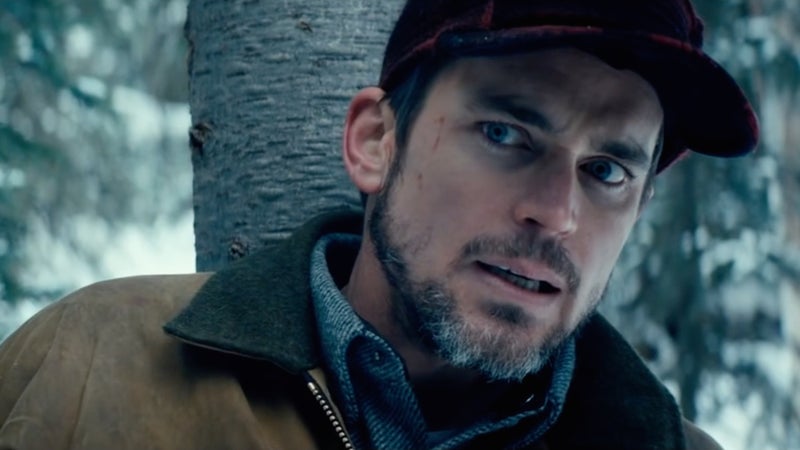
Twin brothers Alex and Andrew Smith co-wrote and co-directed the drama , their first Sundance submission since The Slaughter Rule in 2002. As with that previous film, Walking Out is set in the Smiths’ home state of Montana, where 14-year-old David makes a reluctant annual visit to his off-the-grid father, Cal, played by Matt Bomer of White Collar and Magic Mike XXL fame. The Smith twins promise to capture only the most awesome beauty of Montana’s wilderness on this father-son Big Sky excursion that’s disrupted by an encounter with a grizzly bear.
‘Water & Power: A California Heist’
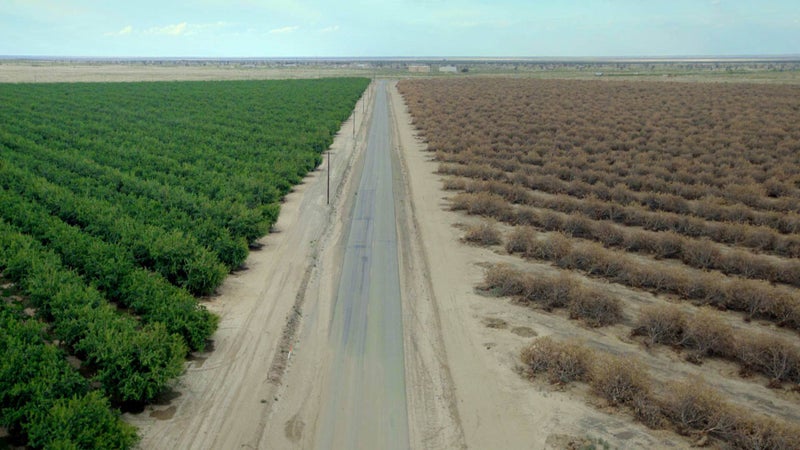
Yes, that title is a play on words. is literally about systems of water distribution in California, and figuratively about the divide between the powerful and the powerless in a state that boasted the sixth-largest economy in the world last year. Filmmaker Marina Zenovich delivers an exposé of the high-level corruption contributing to California’s well-known water crisis, and the farmers growing ‘luxury’ crops such as almonds and avocados who are really feeling the drought. Zenovich jokingly calls Water & Power a documentary version of Roman Polanski’s Chinatown, investigating the water fight between corrupt higher-ups and the less wealthy Californians who pay the price.
‘Wind River’
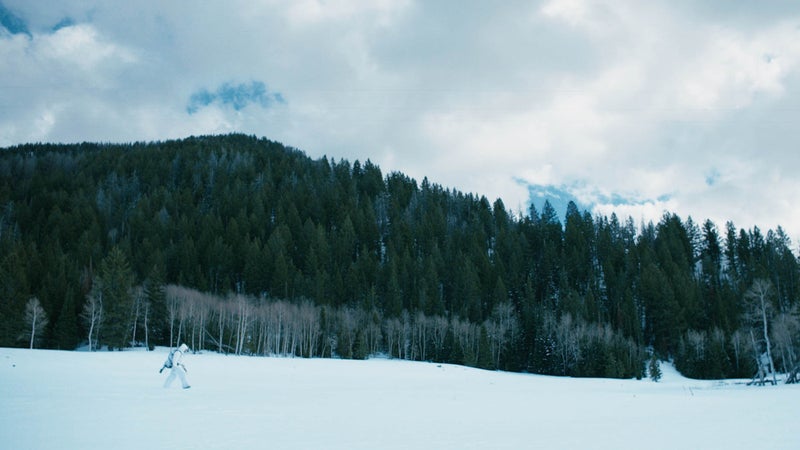
Another dramatic festival entry, provides a snapshot of life in and around the rugged Wyoming landscape of the Wind River Indian Reservation. Deep in the wilderness on the reservation, U.S. Fish & Wildlife agent Cory Lambert comes across a dead body. When the law gets involved, it proves to be no match to the oppressive elements of a Wyoming winter and the history of an area steeped in violence. Wind River is screenwriter Taylor Sheridan’s directorial debut, and it completes a trilogy of screenplays that he wrote about life on the American frontier—the other two films being the acclaimed Sicario and Hell or High Water. The film responsibly features the talent of Native American actors, continuing the Sundance Institute’s longtime commitment to presenting stories from within Native American and indigenous communities.
‘Look and See: A Portrait of Wendell Berry’
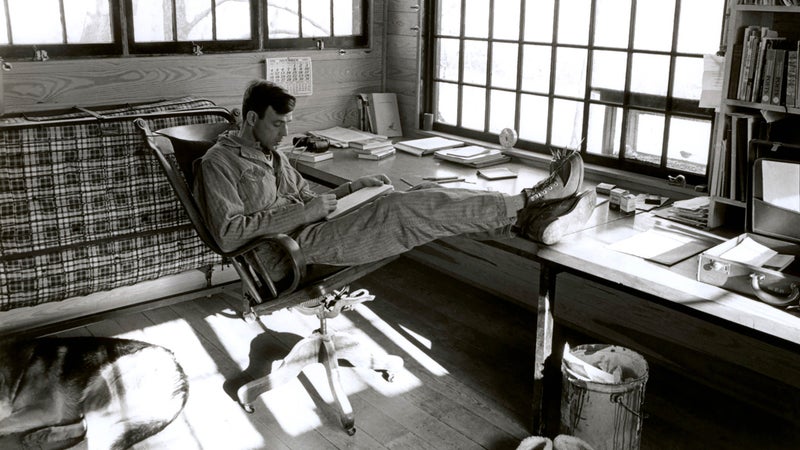
“I come into the peace of wild things who do not tax their lives with forethought of grief… For a time I rest in the grace of the world, and am free.” So wrote Wendell Berry in the poem, “The Peace of Wild Things.” Berry’s musings reflect his determined environmental activism efforts, the product of an upbringing in a pastoral Kentucky setting that was deeply integrated with the land. The author is the subject of director Laura Dunn’s latest film, , which focuses on Berry’s return home to Henry County, Kentucky, in 1965. Look and See navigates the shifting roles and values of family farming in an increasingly corporate rural America, employing works of Berry’s poetry, nonfiction, and fiction, as well as rare photographs, all of which comment on the intersection of man and the natural world. (Berry himself doesn't make an appearance beyond photographs and voiceover—Dunn that he “doesn't have much respect for the genre of film.”) The film received a Special Jury Award for visual design when in premiered at the SXSW Film Festival for its beautiful representation of the decline of modern U.S. agrarian culture.


